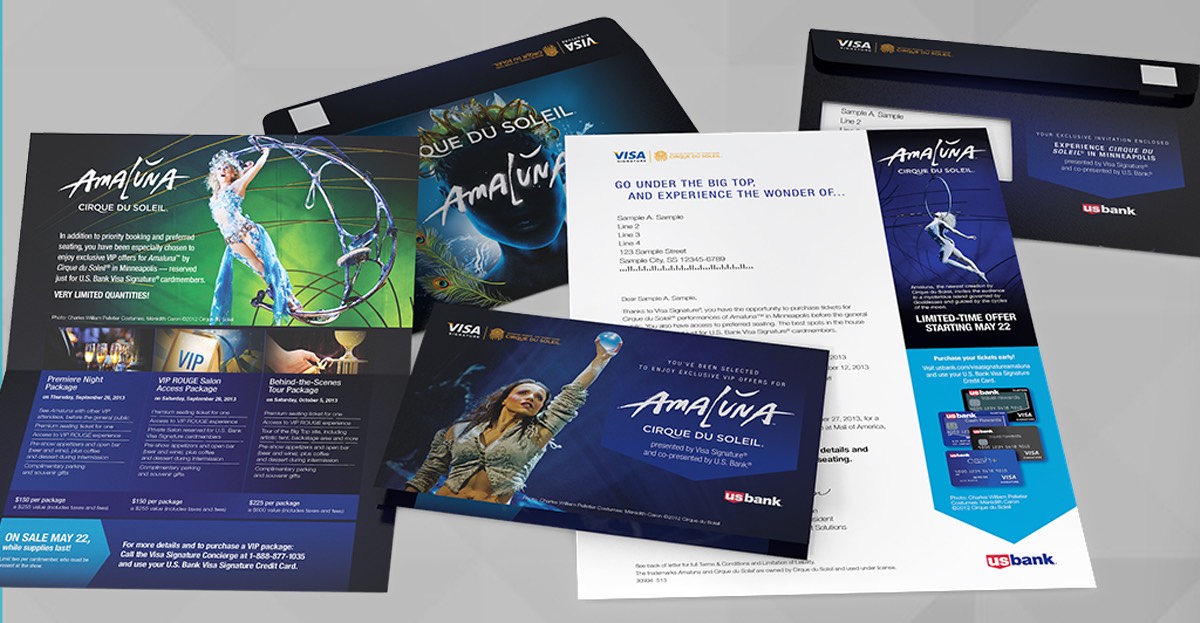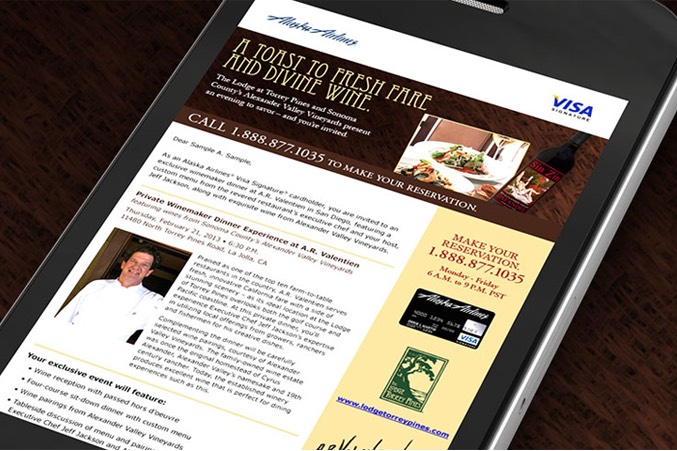Brand-First: The ABM Blind Spot Costing B2B Trillions
Account-Based Marketing (ABM) is not a recent innovation—Media Logic was applying its principles before the term existed. Today, 70% of B2B marketers have an active ABM program (REVNEW), reflecting its essential role in modern marketing strategy. While most B2B marketers hail success in driving revenue growth through ABM, the sobering reality is that 40–60% of […]












